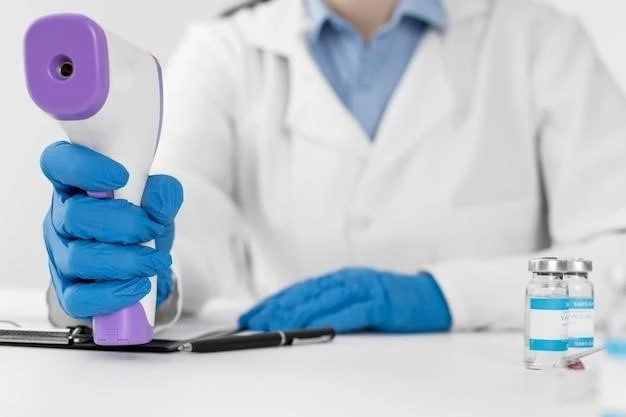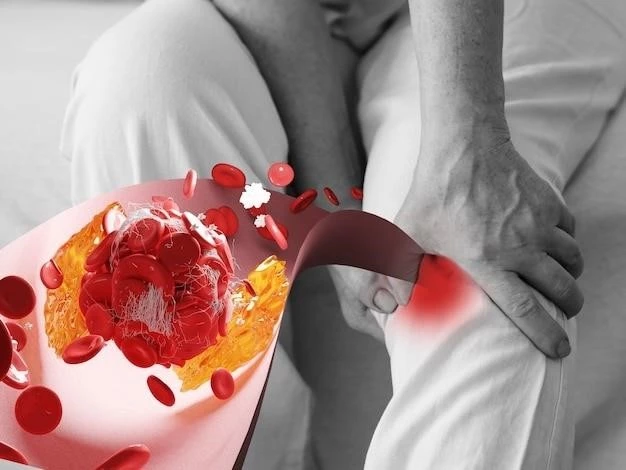Understanding Anorectal Atresia involves exploring the various factors leading to this condition‚ ranging from genetic influences to environmental causes.
Causes of Anorectal Atresia
Anorectal Atresia can result from abnormal development during gestation‚ where the anus and rectum do not fully form‚ leading to a blockage. Genetic mutations‚ environmental factors‚ and certain medications taken during pregnancy can also contribute to this congenital condition.
Diagnosis of Anorectal Atresia
Diagnosing Anorectal Atresia often occurs shortly after birth through a physical examination and imaging tests like ultrasound or MRI. Additional procedures such as anal manometry may be conducted to assess anal sphincter function and associated anomalies. A comprehensive diagnosis is crucial for determining the best course of treatment.
Treatment Options for Anorectal Atresia
The treatment of Anorectal Atresia typically involves surgical correction to create or widen the anal opening and reconstruct the affected area. Alongside surgery‚ patients may require colostomy‚ special diets‚ and ongoing monitoring by a multidisciplinary team. Each treatment plan is tailored to the individual’s condition and needs to ensure the best possible outcome.
Surgical Procedures for Anorectal Atresia

The surgical procedures for Anorectal Atresia aim to reconstruct the anal opening and rectum to establish normal bowel function. The specific approach depends on the extent of the defect‚ with options such as posterior sagittal anorectoplasty (PSARP) or laparoscopically-assisted procedures. Close postoperative care and follow-up are crucial to monitor healing and address any issues promptly.
Complications and Long-term Outlook
Complications of Anorectal Atresia surgery may include infection‚ fecal incontinence‚ or anal stenosis. Long-term outlook varies but with appropriate treatment and care‚ many patients can lead healthy lives. Regular follow-ups‚ dietary management‚ and support from healthcare providers are essential for addressing potential issues and ensuring optimal quality of life.
Genetic Factors in Anorectal Atresia
Genetic factors play a significant role in the development of Anorectal Atresia. Studies indicate that certain gene variations and chromosomal abnormalities may increase the risk of this condition. Understanding the genetic basis can assist in genetic counseling‚ early detection‚ and personalized treatment approaches for individuals affected by Anorectal Atresia.
Advances in Research on Anorectal Atresia
Ongoing research on Anorectal Atresia focuses on enhancing diagnostic techniques‚ refining surgical interventions‚ and understanding the underlying genetic mechanisms. Advanced imaging technologies‚ genetic testing‚ and innovative surgical approaches are paving the way for improved outcomes and quality of life for individuals with Anorectal Atresia. Collaborative efforts between clinicians‚ researchers‚ and geneticists are driving progress in this challenging field.
